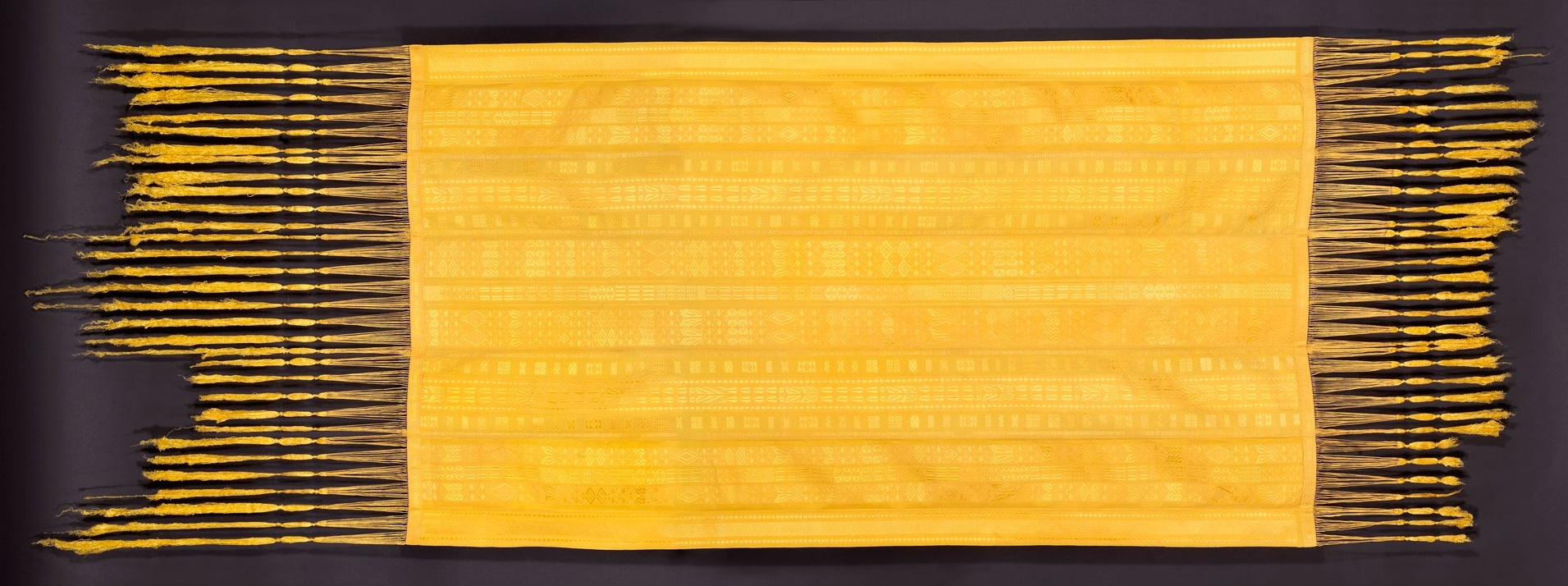Nominubi
Marriage: Loyalty, Sacrifice, Intimacy, and Passion... Till Death Do We Part.
Words of the Gods
The Living Gods of Ozlith loved their people so. As such they gave them many gifts that would aid them in their mortal lives. One such gift is that of their language, or at least, the facsimile of it.
The language of the gods is said to be maddening when understood, painful to write, and impossible to utter back, but it can be drawn and translated. The people of Ozlith began to create icons that perfectly represent the words of their gods and these icons had power. A nominubus is filled with this power and every nominubus is different. A nominubus of a nameless man is even more powerful as their soul is unable to rest and is considered one of the most powerful objects left behind by Ozlith. It binds the owner's restless soul to you and whatever power they grant is now yours to control. Bards from Estalia discovered many when traveling into The Infernum. While these adventures did not last long, these artifacts were priceless finds.
The language of the gods is said to be maddening when understood, painful to write, and impossible to utter back, but it can be drawn and translated. The people of Ozlith began to create icons that perfectly represent the words of their gods and these icons had power. A nominubus is filled with this power and every nominubus is different. A nominubus of a nameless man is even more powerful as their soul is unable to rest and is considered one of the most powerful objects left behind by Ozlith. It binds the owner's restless soul to you and whatever power they grant is now yours to control. Bards from Estalia discovered many when traveling into The Infernum. While these adventures did not last long, these artifacts were priceless finds.
Widows and Widowers
Widows rarely married again. Those who do often make poor spouses. This is not their fault. The intimacy and connection involved in the ritual experience can never be experienced again. The worst fate for a woman in Ozlith is the death of her husband and this is more than a cultural stigma.
Viewing the symbols that make up a mans name forever embeds it into your mind. You will see this name every time you close your eyes and a widow would see it as being haunted. Adding another set of symbols to that image can easily further the loss as the one thing she has left of her former love that no one can take is skewed and lost in the name of another.
A widower has a different fate. Widowers experience depression untold as they realize they will most certainly die nameless, unless they be lucky and a matriarch find them upon their death. This was rare. Battles often involved thousands and the system was flawed. Many died nameless in the empire. Woman would even brave the dangers of the aftermath, the plague and carrion beasts that roam it, just to reclaim their husband's name.
A widower would often fall deeper and deeper into depression until suddenly, just before hitting rock bottom, a woman who looked alarmingly like their wife arrived dressed in black. This woman was always a priestess of The Widow, goddess of death and rebirth. The woman arrives to recruit him to The Widow's Legion
You must understand. In Ozlith, a man has only his life and his death, but in his death... he just may come to have his name as well...
LGBTQ in Ozlith
Sadly, Ozlith was not an egalitarian society. Even in its later years, when equality was an issue many sought to fix, Ozlith had laws against homosexual marriages.
This did not mean homosexuality itself was illegal, but citizens who wished to marry members of the same sex would never get the chance to see it. The matriarchs maintained the laws to ensure a high birth rate for soldiers and citizens and refused to budge an inch on the matter.
Trans-gendered citizens also received little attention. Many who were trans-gendered often kept it to themselves in fear or confusion due to the cultural concepts of gender.
It is said that Mhirriah, The Warrior Empress wanted to establish rights to these groups, and eventually, it seems, she did as the nation she founded allows any and all within their borders.
Remove these ads. Join the Worldbuilders Guild



Escorting a woman to her husband's corpse would make a great side quest.
Ooof. Yes indeed it would.